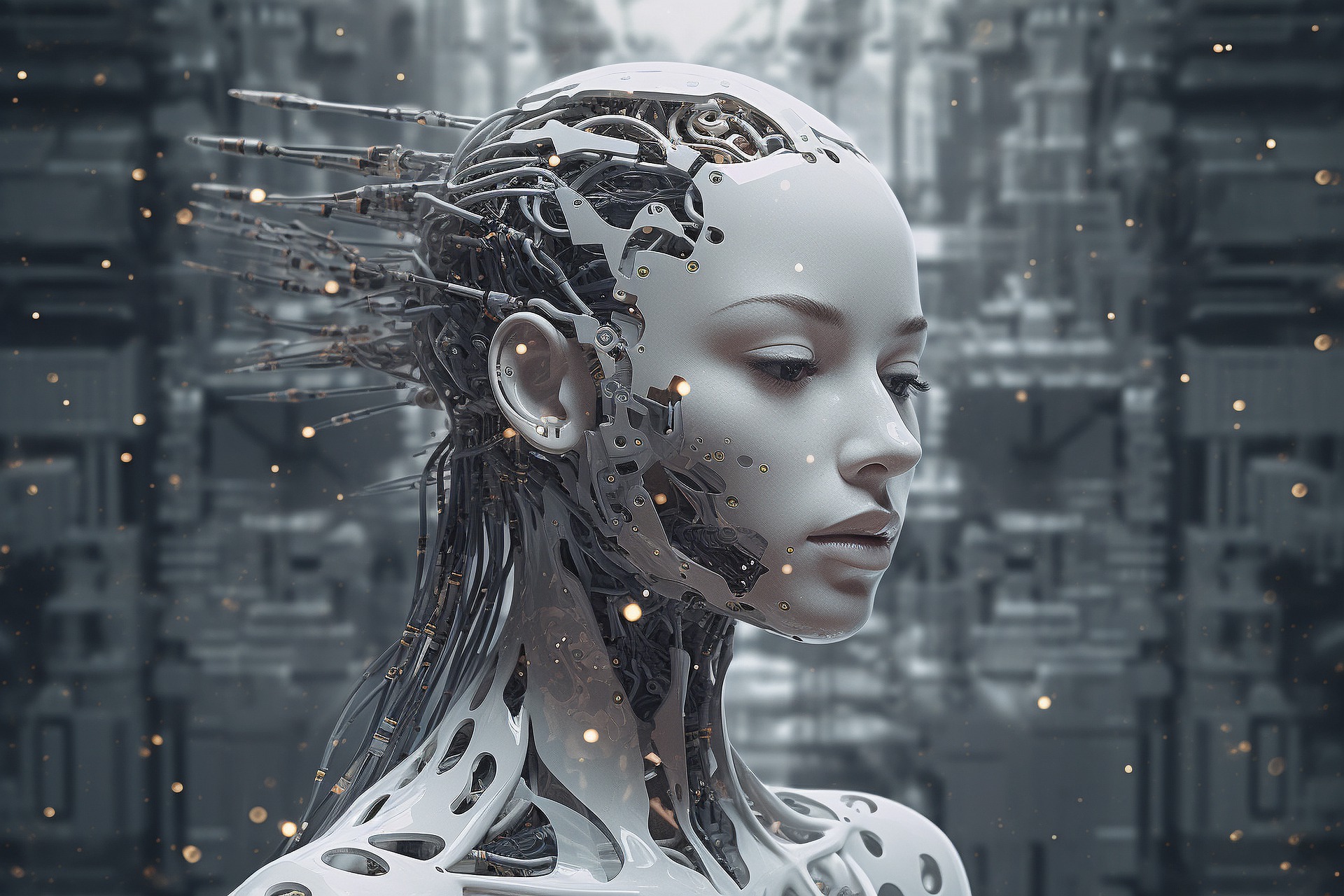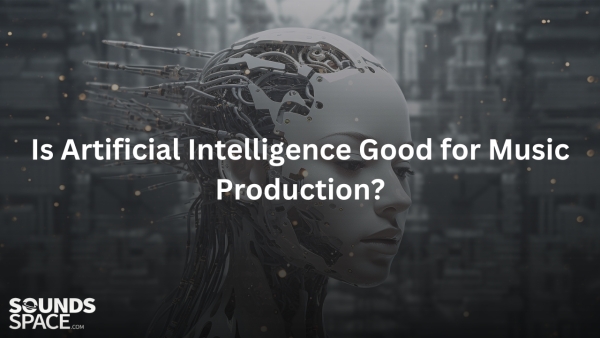Is Artificial Intelligence Good for Music Production?
Introduction
Artificial Intelligence (AI) has infiltrated nearly every aspect of our lives, from virtual personal assistants to self-driving cars. In recent years, AI has also made its presence felt in the world of art and creativity, particularly in music production. While some view this as a promising step forward, others remain skeptical about the impact of AI on the artistic process. In this article, we will explore the various ways AI is being used in music production and discuss the advantages and disadvantages of this technology.
AI and Music Composition
One of the most intriguing applications of AI in music production is its ability to compose music. AI-driven algorithms, often referred to as generative models, can analyze vast amounts of musical data to generate original compositions. This process has the potential to save musicians time and inspire new creative directions. For instance, AI can create melodies, harmonies, and even entire songs based on specific inputs, such as style, mood, or tempo.

Advantages of AI in Music Composition
1. Efficiency: AI can compose music at a much faster rate than human musicians. This can be particularly useful in commercial music production, where tight deadlines are common.
2. Inspiration: AI-generated compositions can serve as a source of inspiration for human musicians. They can provide fresh ideas and spark creativity that might not have arisen otherwise.
3. Collaboration: AI can facilitate collaboration between musicians by generating initial musical ideas that can be further developed and refined by human musicians.
4. Genre Exploration: AI is not bound by genre limitations. It can easily experiment with and blend various musical styles, opening up new possibilities in music creation.
5. Music for Multimedia: AI-generated music can be tailored to fit the specific needs of multimedia projects, such as video games, films, and advertisements.
Disadvantages of AI in Music Composition
1. Lack of Emotional Depth: AI-generated music often lacks the emotional depth and nuance that human composers can infuse into their work. It may lack the ability to convey complex emotions or tell a compelling story through music.
2. Over-Reliance: Depending too heavily on AI for composition could stifle the creative process and lead to formulaic, uninspired music.
3. Copyright and Plagiarism Concerns: AI-generated music can raise questions about copyright and originality, as it relies on existing datasets and patterns.
4. Ethical Considerations: Using AI to replicate the work of human musicians without proper credit or compensation raises ethical concerns within the music industry.

AI and Music Production
Beyond composition, AI has also found a place in the production and mixing stages of music creation. AI-powered tools can assist with tasks such as audio processing, vocal tuning, and even mastering. These tools aim to enhance the overall quality of a musical piece and streamline the production process.
Advantages of AI in Music Production
1. Audio Enhancement: AI can automatically identify and correct imperfections in audio recordings, resulting in cleaner and more polished sound quality.
2. Accessibility: AI-powered production tools are becoming more user-friendly, allowing aspiring musicians and producers with limited technical knowledge to improve their music.
3. Consistency: AI can maintain a consistent sound throughout a track, which is particularly important in genres like electronic dance music.
4. Time-Saving: Automation of repetitive tasks can save producers a significant amount of time during the mixing and mastering process.
5. Collaboration: AI can bridge the gap between musicians and producers, offering assistance and suggestions during the production phase.
Disadvantages of AI in Music Production
1. Loss of Human Touch: Some argue that excessive use of AI in music production can lead to a loss of the unique human touch that makes music personal and emotive.
2. Homogenization: Over-reliance on AI tools may lead to a homogenization of music, where tracks start to sound too similar due to the use of common AI presets and techniques.
3. Limited Creativity: Relying on AI for production tasks might hinder producers from experimenting and taking creative risks.
Conclusion
Is Artificial Intelligence good for music production? The answer is not a simple yes or no. AI undoubtedly offers numerous benefits in terms of efficiency, inspiration, and accessibility in both composition and production stages. It can be a valuable tool for musicians and producers looking to streamline their workflow and explore new creative avenues.
However, there are legitimate concerns about the potential loss of human creativity, and emotional depth, and the ethical implications of AI-generated music. The key lies in finding the right balance between the capabilities of AI and the artistic sensibilities of human musicians and producers. Ultimately, AI should be viewed as a complement to human creativity rather than a replacement.
The future of AI in music production will likely involve continued collaboration between humans and machines, with AI serving as a powerful assistant that enhances the creative process while preserving the essence of human artistry. How musicians and the industry as a whole navigate this evolving landscape will shape the music of tomorrow.



